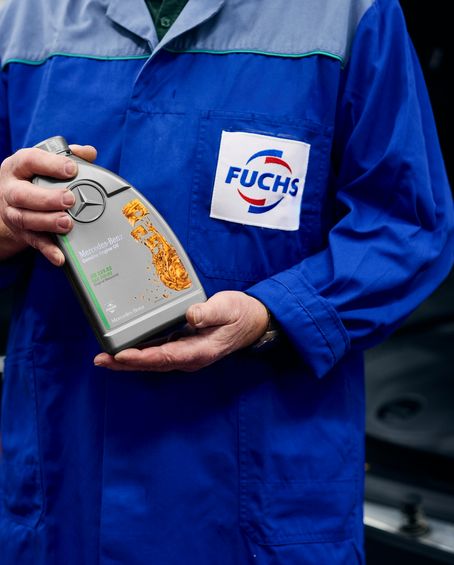Electric Cars – New Technology Calls for New Lubrication
The market for electric vehicles is setting new records. It is redrawing the map in the automotive industry, but is also affecting lubricant manufacturers and industry suppliers.
So how will the need for lubrication differ in electric cars compared to conventional vehicles? To answer this, firstly we need to define what is meant by an electric car. It is important to draw a distinction between completely electrically powered cars and hybrid solutions. Hybrid cars still have a small combustion engine that extends the vehicle’s range, as well as a partially electric drivetrain.
Hybrid solutions come in a wide variety of different designs, and no one today knows which will be the leading concept in 15 in years. OEM companies are trying out different solutions. They themselves are in a learning phase when it comes to which concepts are most reliable and appropriate for the future.
The combustion engine in a hybrid car will still need lubrication. This engine will have a smaller displacement but will still have an electric motor.
With a smaller displacement, requirements for heat and ageing stability will increase. This is because more compact engines are also more encapsulated which stresses the engine oil more.
In smaller engines with high power, a turbocharger is often used today. This increases the need for protection against deposits and places high demands on the oil.
New demands
As the future entails more completely electric vehicles, the development of engine oil must continue. This is good news for specialists like FUCHS, who is adapting to these new requirements.
When the development of more electric vehicles intensifies, other product groups will be affected. New demands will be placed on gear oils, coolants and greases, partly because they will be in contact with electric modules, sensors and circuits, and will be affected by electrical current and electromagnetic fields.
These new lubricants need be compatible with everything from copper wires and electric modules to special plastics and insulation materials. This means that the lubricants will need to be more specialised to cope with lubrication in these environments.
Moreover, motors in electric cars also emit a significant amount of heat, which needs to be led away from the electric module. Here, effective cooling concepts will be increasingly important. It is also likely that the electric motors will be driven at higher and higher speeds to increase efficiency.
New motors are being designed, and different lubrication and cooling concepts are being discussed. With high-speed electric motors, the RPM in the drivetrain will need to decrease. New reduction gears with less gear steps are therefore being implemented, with potentially higher input speeds.
Since the reduction gears can be combined with electric modules, their gear oils too must work well with the chosen module materials. This transition is a major challenge for developers of lubricants, since it entails a considerable change in lubricant specifications.
Changes are always challenging, but at FUCHS we’re used to quickly adapting to new demands. We are now adapting our development strategies and working methods to meet the demands for lubricants that come into contact with components in electric drivetrains. It provides an opportunity to broaden our horizons and ensure that we remain at the forefront as technology moves forward.
By Markus Garb, Head of Global Product Management Automotive at FUCHS Lubricants.



